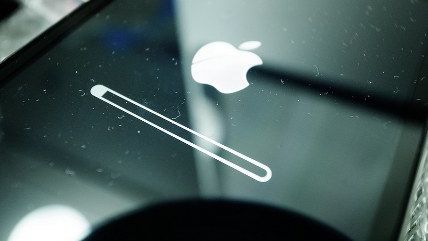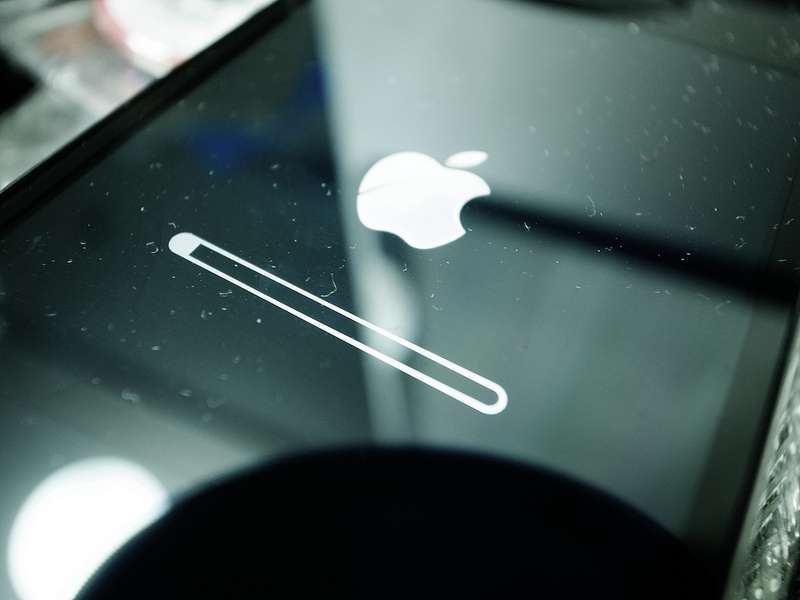Apple to Judge: Forcing Them to Write Code for FBI Violates Their Free Speech
Company reveals formal opposition plan to demand they help weaken phone security.


Believe it or not, despite all the press and debate surrounding a judge's order that Apple should create tools to help the FBI break into the iPhone owned by dead San Bernardino Terrorist Syed Farook, the company hasn't yet actually formally replied to the order.
We know the company is resisting, arguing to the public that it's not possible for Apple to create a device that would help bypass the security of just one phone. Their public position is that any tool Apple creates to help break the security of a phone could be subsequently replicated, either by government demand or if it somehow got out of Apple's control and were reverse-engineered.
But the judge in the case gave Apple time to give its actual formal response to the court, and the Los Angeles Times just heard from one of Apple's lawyers. The attorney told the Times that they are going to argue that the judge overreached in the application of the All Writs Law in her order and violated Apple's rights to free speech:
"The government here is trying to use this statute from 1789 in a way that it has never been used before. They are seeking a court order to compel Apple to write new software, to compel speech," [Theodore] Boutrous said in a brief interview with The Times.
Boutrous said courts have recognized that the writing of computer code is a form of expressive activity -- speech that is protected by the 1st Amendment.
He indicated that Apple would argue that Congress, not the courts, is the proper venue for a debate about "the security and privacy of citizens and law enforcement needs."
"It is not appropriate for the government to obtain through the courts what they couldn't get through the legislative process," he said.
People have been comparing the case to a 1977 Supreme Court decision that allowed the courts to compel phone companies to provide technology to help authorities track phone calls in an investigation. But Boutrous noted that the phone company was a heavily regulated government utility at the time and that the technology the company was being ordered to provide already existed. The phone company didn't have to create it at the government's demand.
Read more here. And our coverage of this encryption fight is here.


Show Comments (75)